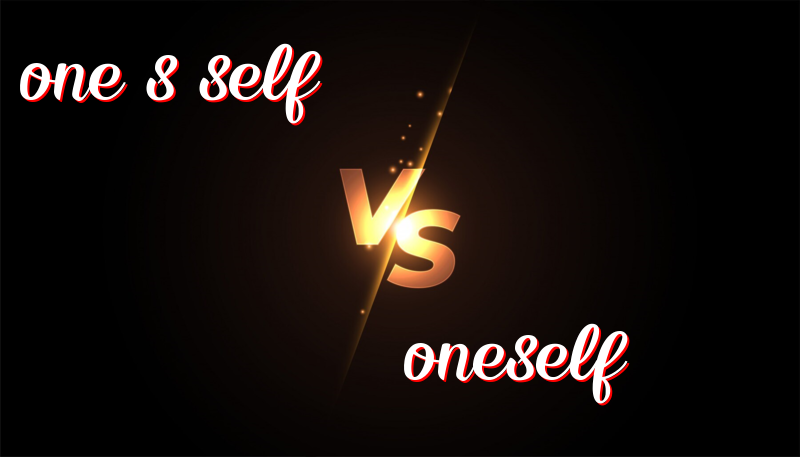Understanding the Differences Between One’s Self and Oneself
Understanding the Difference Between “One’s Self” and “Oneself”
The words “one’s self” and “oneself” might look similar, but they mean different things. Here, we will learn about their history, how to use them, and a simple trick to remember which is which.
History
“One’s self” is an older way of talking. It was used when people were talking about a person’s own self, with focus on the word “self.” “Oneself” is a more modern word that puts everything together to make reading and writing easier.
How to Use “One’s Self”
“One’s self” is mostly used when talking about a person’s own thoughts or feelings. Here are some example sentences:
- It is important to know one’s self.
- She spent time alone to find one’s self.
- Learning more about one’s self is a journey.
- One’s self can change over time.
- Being true to one’s self is key to happiness.
How to Use “Oneself”
“Oneself” is used as a single word to mean the same as “one’s self,” but it’s quick and easy. Here are some example sentences:
- One should always believe in oneself.
- It’s not easy to talk about oneself.
- To love oneself is important.
- One should take care of oneself.
- Trust oneself to make the right choice.
Trick to Remember the Difference
A simple trick: If you want to talk about “self” and own thoughts, you can use “one’s self.” When you just want to say it fast and simple, use “oneself.”
Summary
“One’s self” focuses on a person’s own thoughts and is an older way to say it. “Oneself” is a modern, easy way to express the same idea. Use “oneself” more in today’s writing.
Remember: “One’s self” for deep thoughts, “oneself” for quick and easy talk.

Leave a Reply
You must be logged in to post a comment.